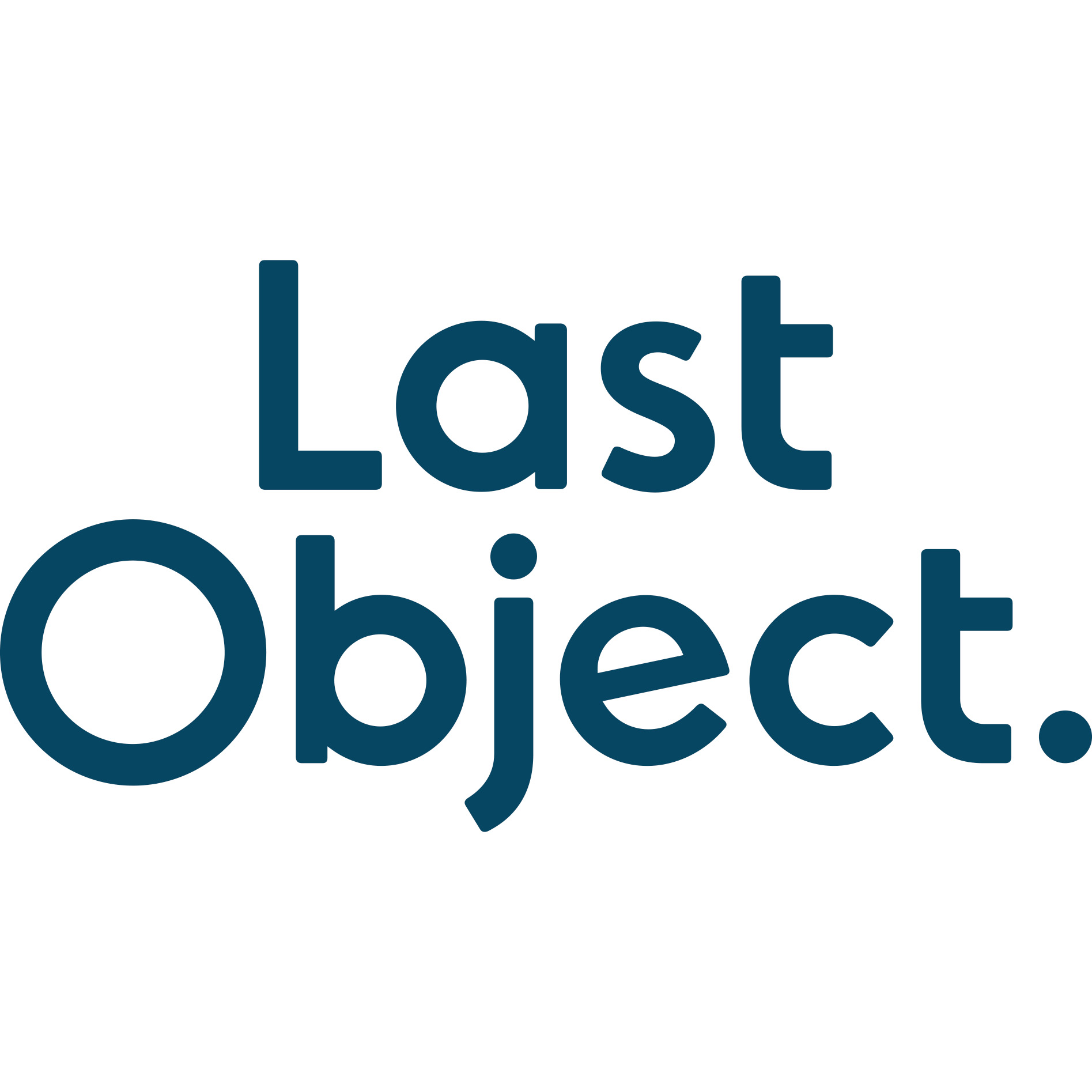

LastObject ApS

Capital Region of Denmark, Denmark
July 2022
Personal care products
Wholesale/Retail
Australia,
Austria,
Belgium,
Canada,
Denmark,
Finland,
France,
Germany,
Hong Kong S.A.R.,
Japan,
Netherlands Antilles,
Norway,
Portugal,
Sweden,
Switzerland,
United Kingdom,
United States
LastObject’s mission is to provide the world with sustainable alternatives to everyday single-use beauty and wellness items. What started on Kickstarter with LastSwab, a replacement for cotton swabs, has since grown into a family of products that make it easier and more fun to live sustainably. The products can be used, washed and reused, over and over again, which means there is no need to throw it away. The material in each product is carefully selected to have the most minimal effect on nature while still providing durability and usability. From the manufacturing to the end of its lifecycle, it will be better choice for the environment. LastObject also works to reverse the damage that has already been done by using Ocean Bound Plastic and giving it new life. This way, riverbeds and beaches get cleaned up, and the plastic doesn’t go to waste.
Overall B Impact Score
Governance 16.0
Governance evaluates a company's overall mission, engagement around its social/environmental impact, ethics, and transparency. This section also evaluates the ability of a company to protect their mission and formally consider stakeholders in decision making through their corporate structure (e.g. benefit corporation) or corporate governing documents.
What is this? A company with an Impact Business Model is intentionally designed to create a specific positive outcome for one of its stakeholders - such as workers, community, environment, or customers.
Workers 20.8
Workers evaluates a company’s contributions to its employees’ financial security, health & safety, wellness, career development, and engagement & satisfaction. In addition, this section recognizes business models designed to benefit workers, such as companies that are at least 40% owned by non-executive employees and those that have workforce development programs to support individuals with barriers to employment.
Community 17.2
Community evaluates a company’s engagement with and impact on the communities in which it operates, hires from, and sources from. Topics include diversity, equity & inclusion, economic impact, civic engagement, charitable giving, and supply chain management. In addition, this section recognizes business models that are designed to address specific community-oriented problems, such as poverty alleviation through fair trade sourcing or distribution via microenterprises, producer cooperative models, locally focused economic development, and formal charitable giving commitments.
Environment 37.3
Environment evaluates a company’s overall environmental management practices as well as its impact on the air, climate, water, land, and biodiversity. This includes the direct impact of a company’s operations and, when applicable its supply chain and distribution channels. This section also recognizes companies with environmentally innovative production processes and those that sell products or services that have a positive environmental impact. Some examples might include products and services that create renewable energy, reduce consumption or waste, conserve land or wildlife, provide less toxic alternatives to the market, or educate people about environmental problems.
What is this? A company with an Impact Business Model is intentionally designed to create a specific positive outcome for one of its stakeholders - such as workers, community, environment, or customers.
Customers 3.3
Customers evaluates a company’s stewardship of its customers through the quality of its products and services, ethical marketing, data privacy and security, and feedback channels. In addition, this section recognizes products or services that are designed to address a particular social problem for or through its customers, such as health or educational products, arts & media products, serving underserved customers/clients, and services that improve the social impact of other businesses or organizations.